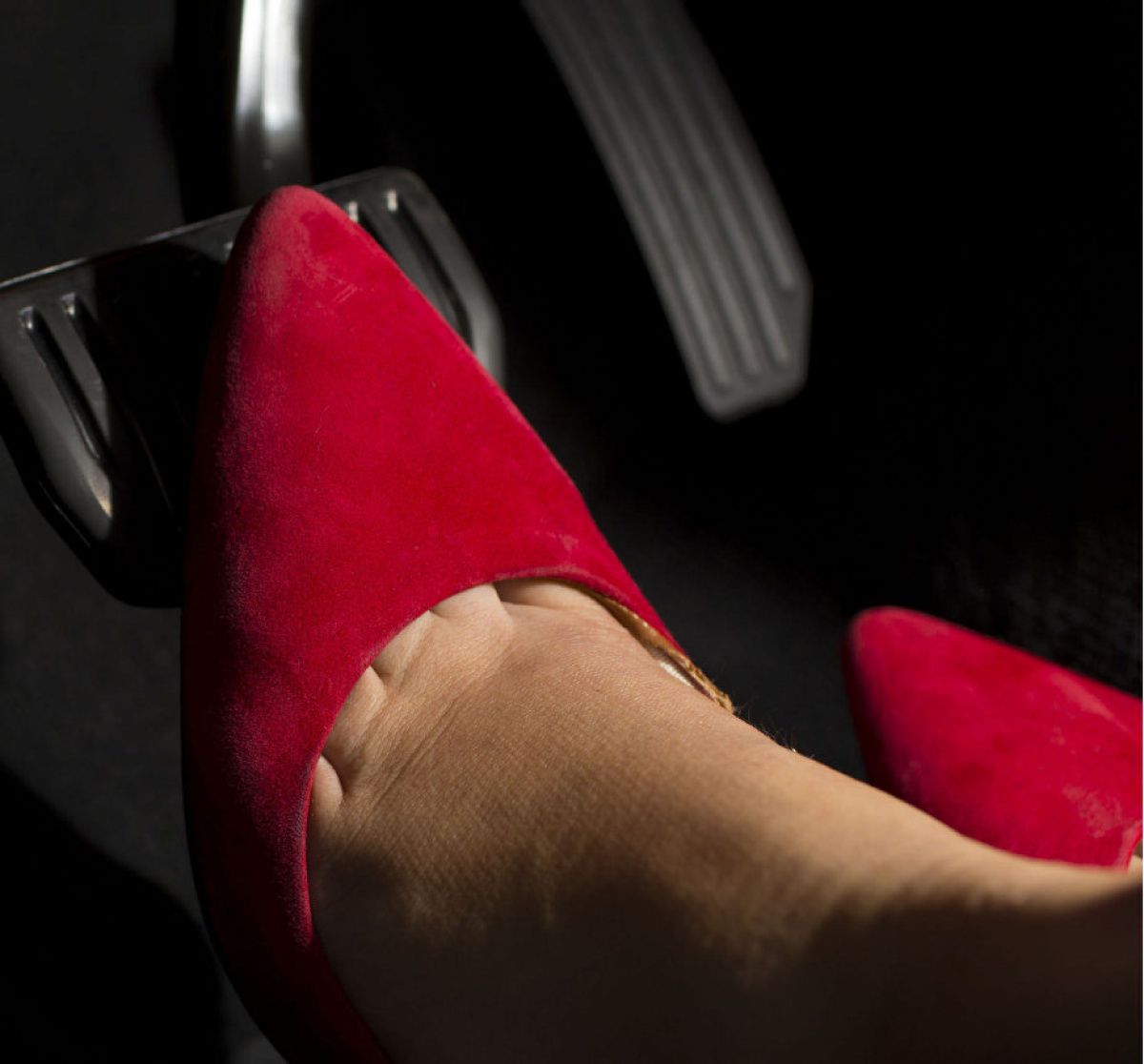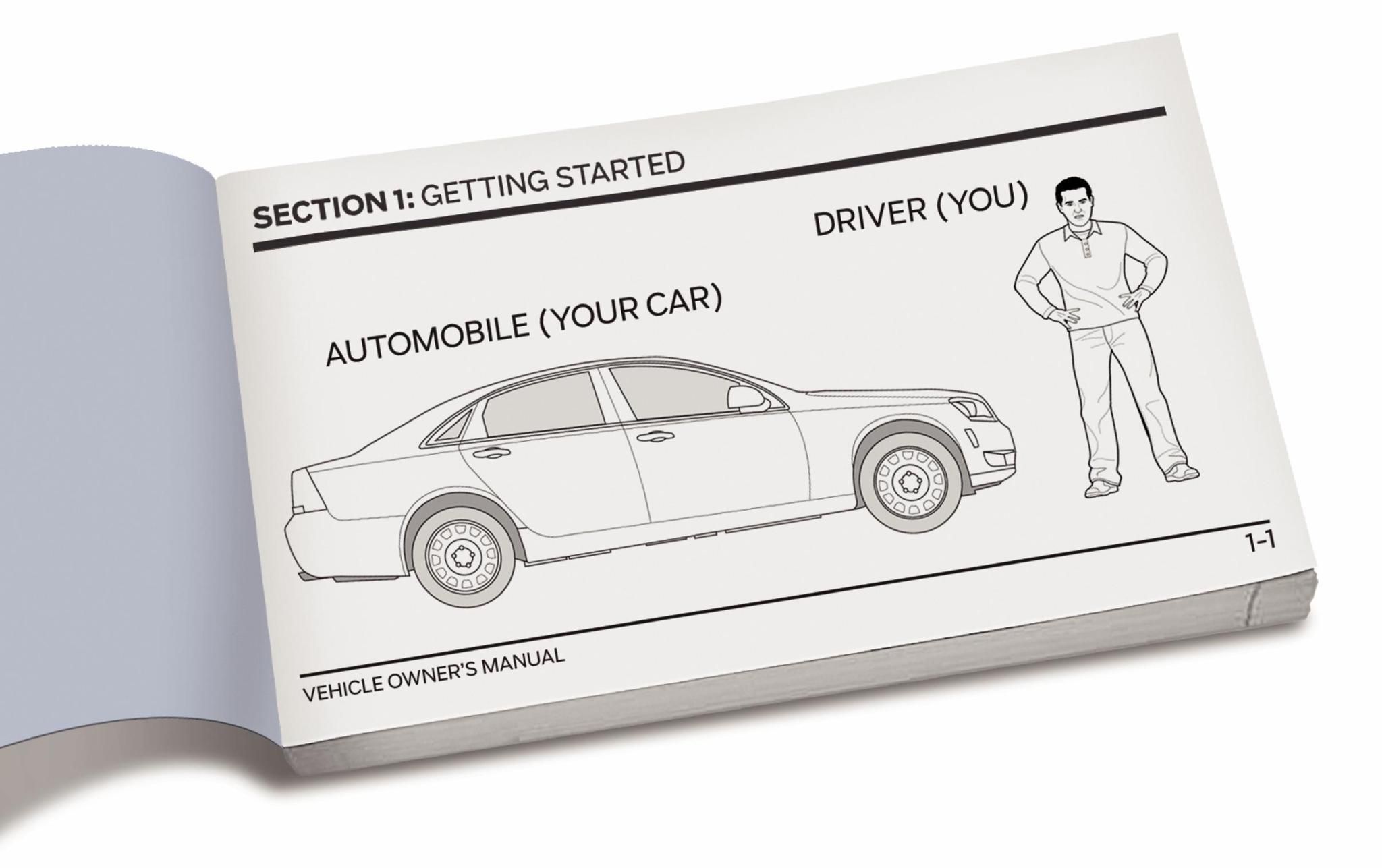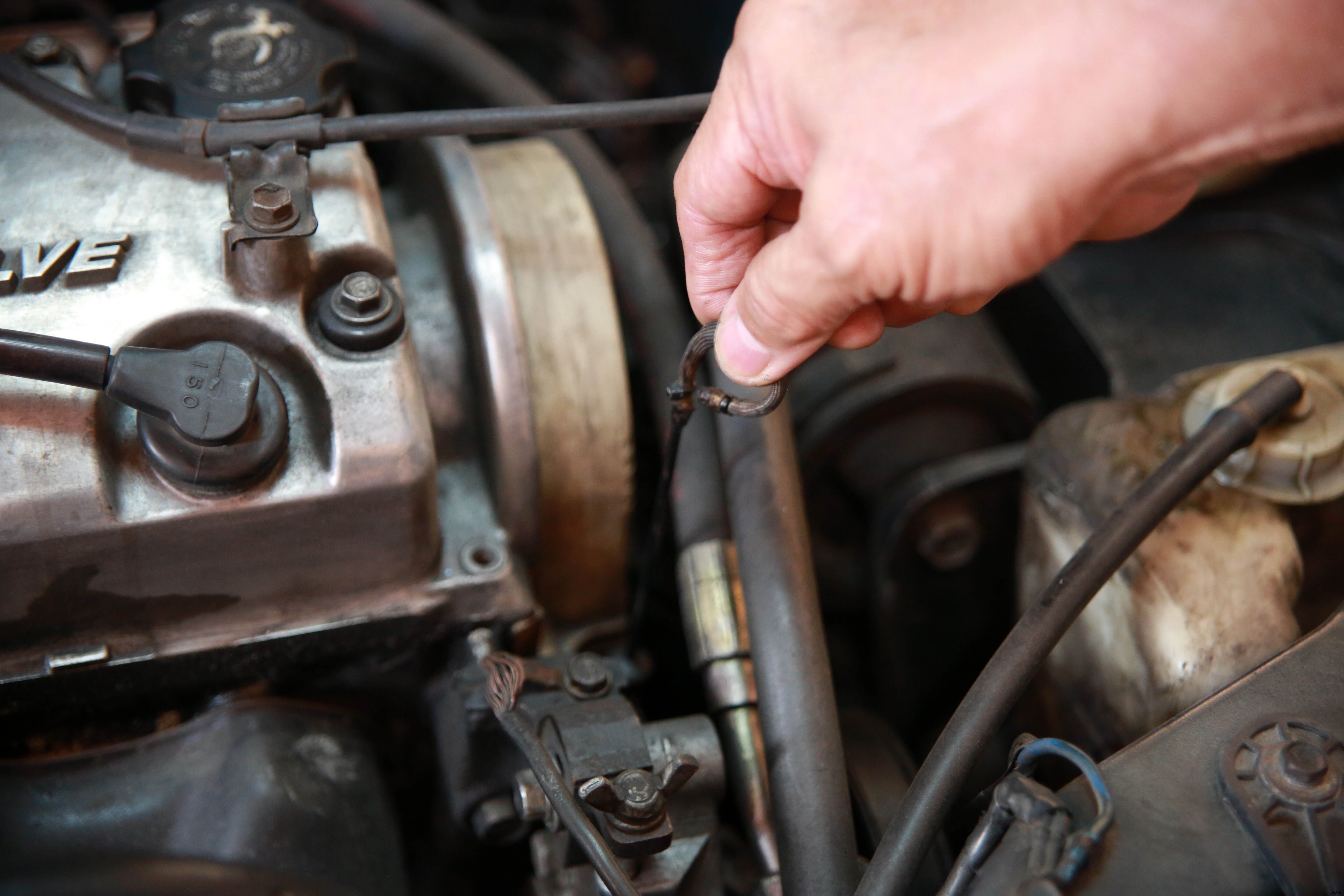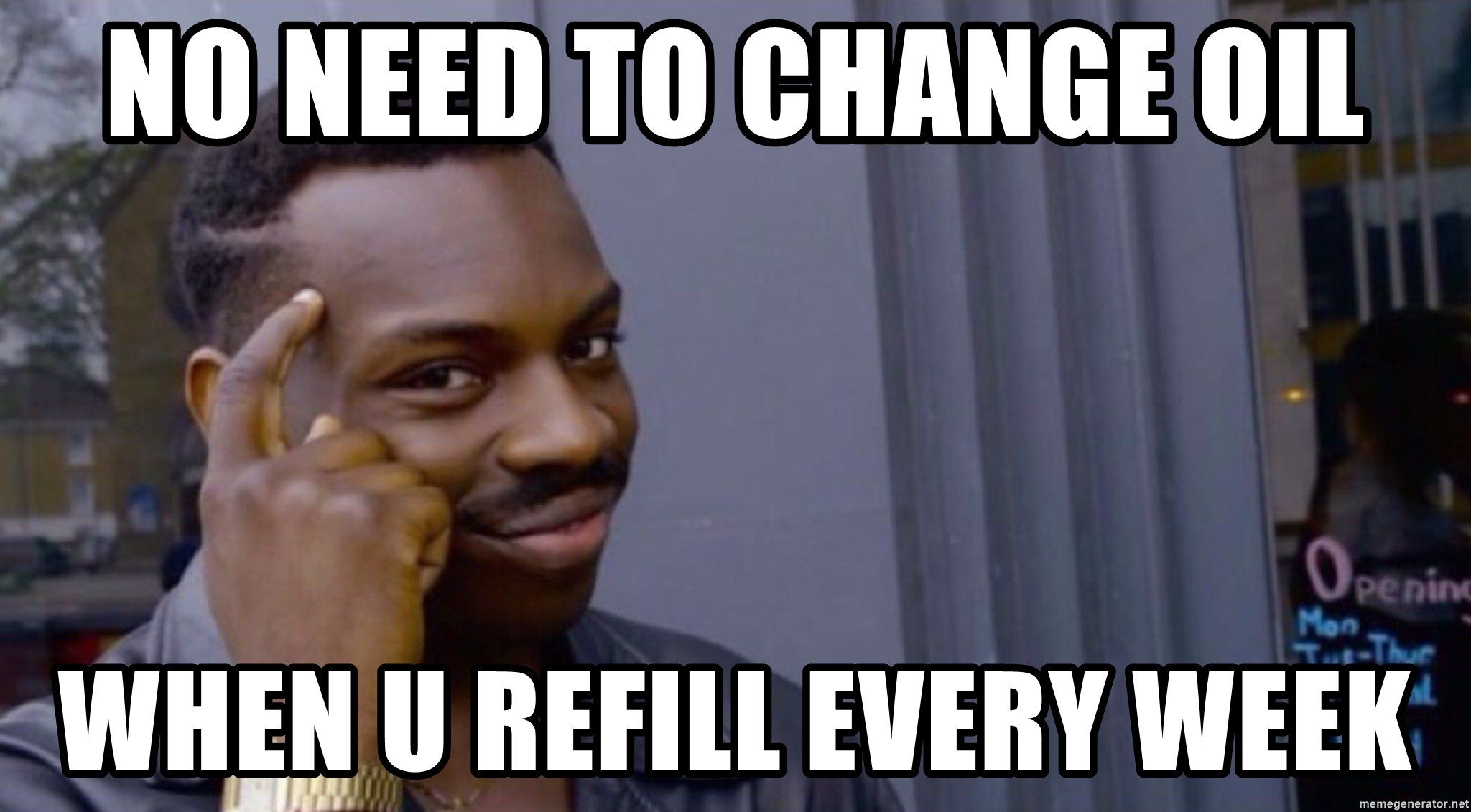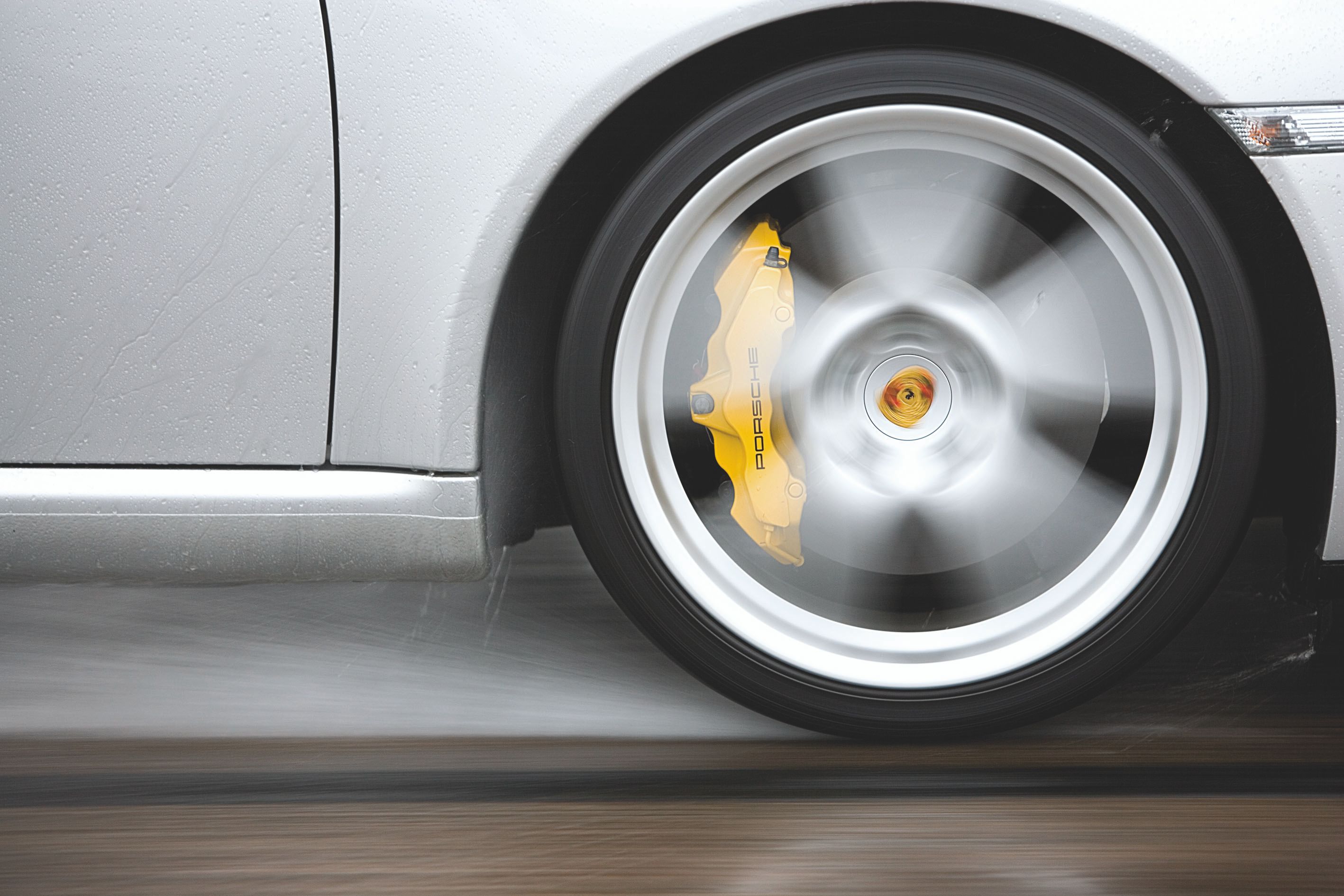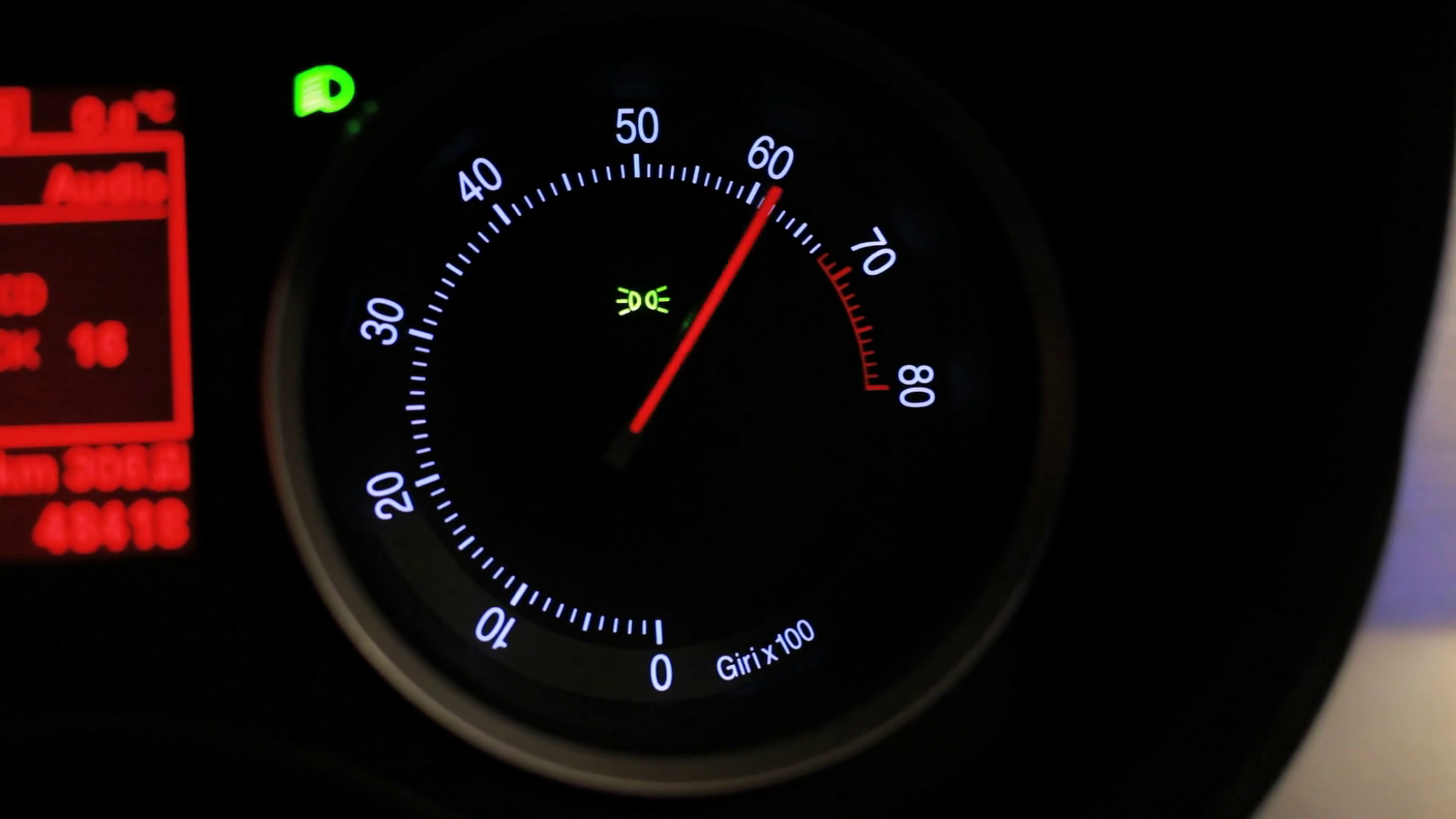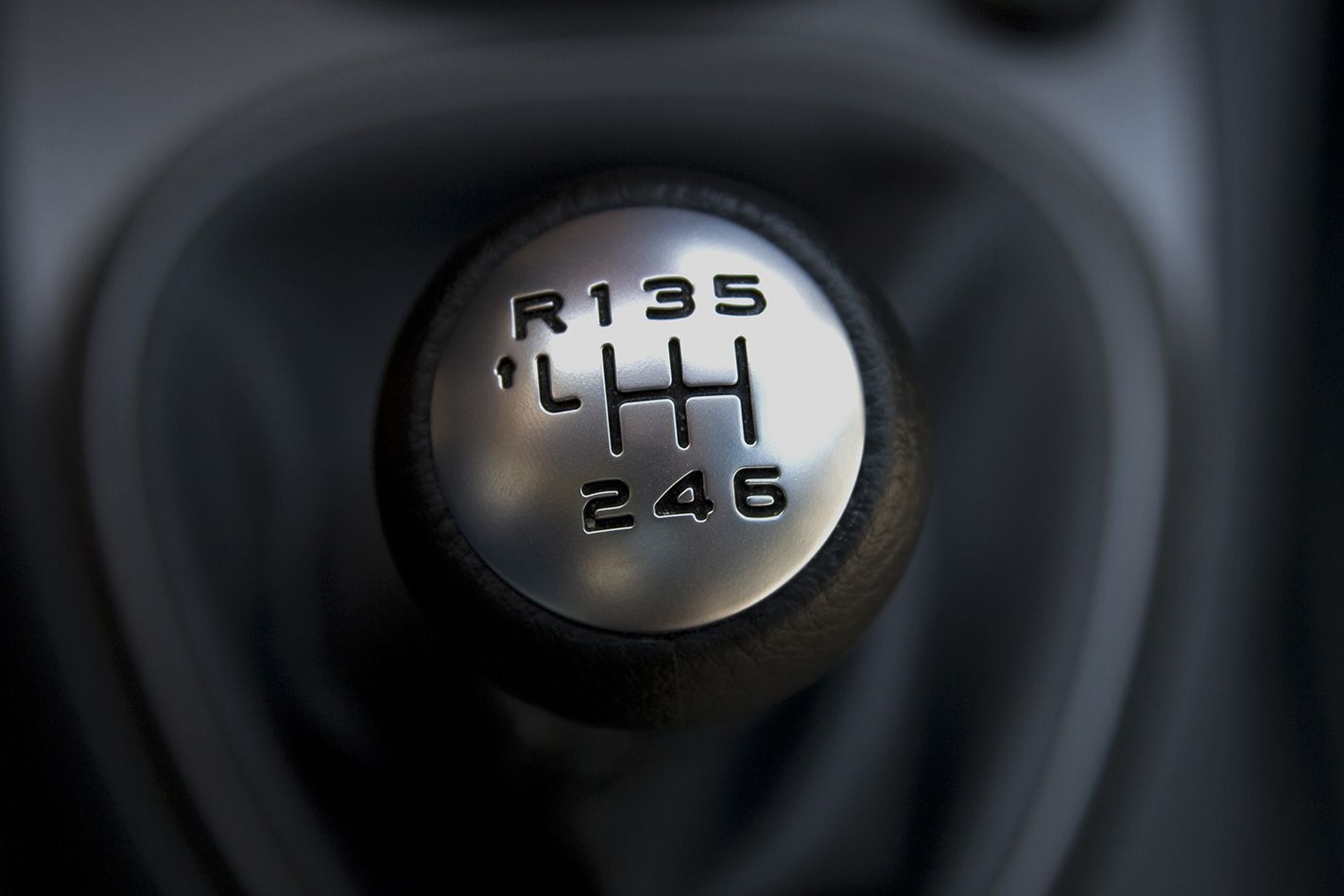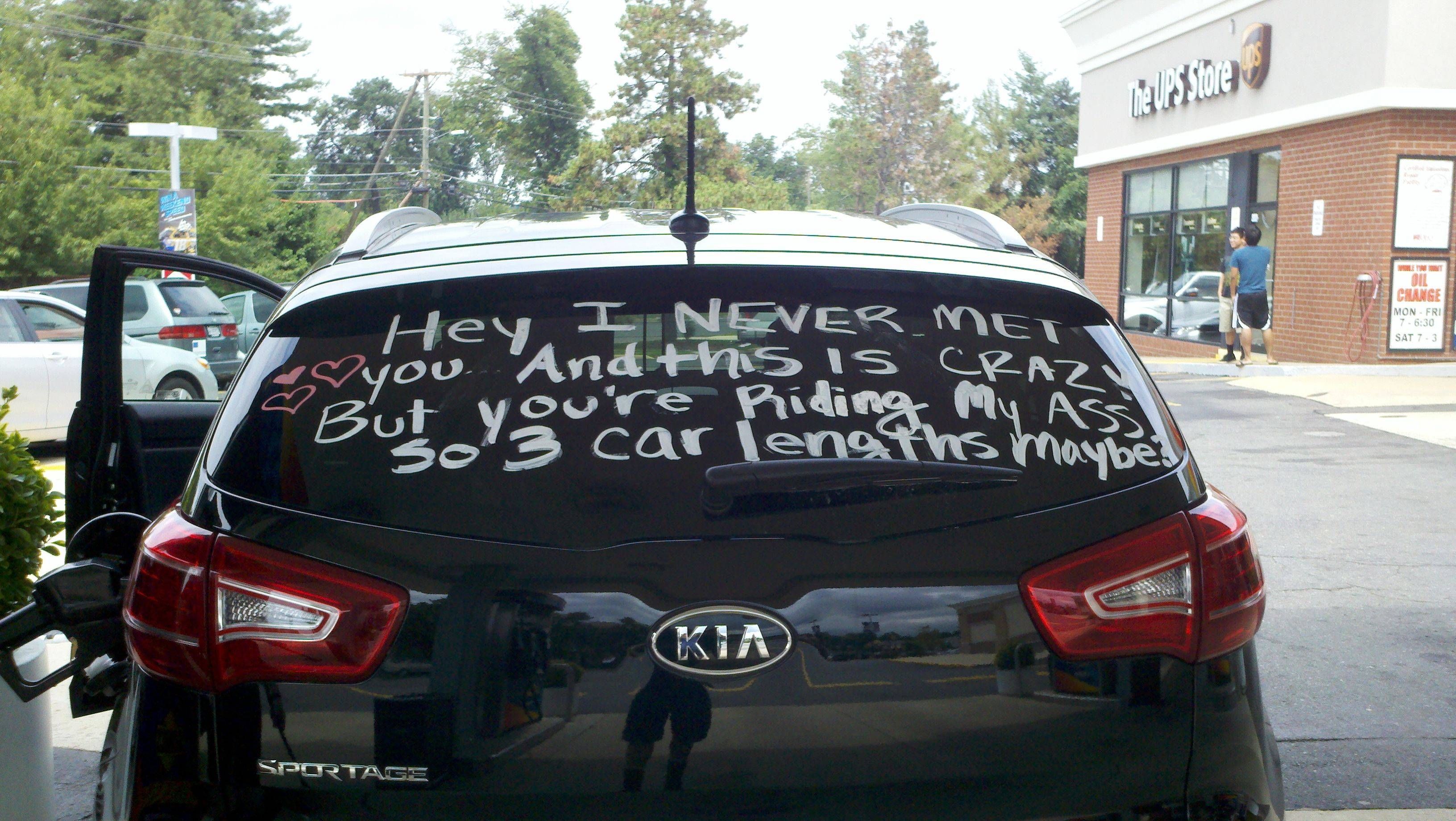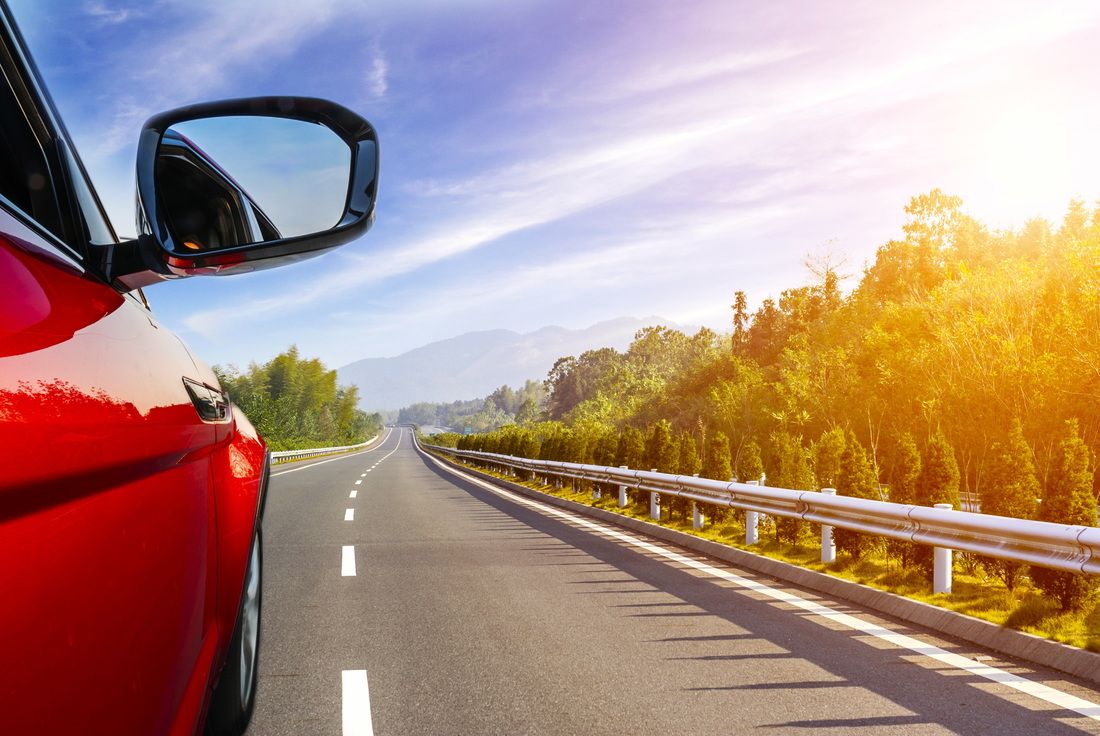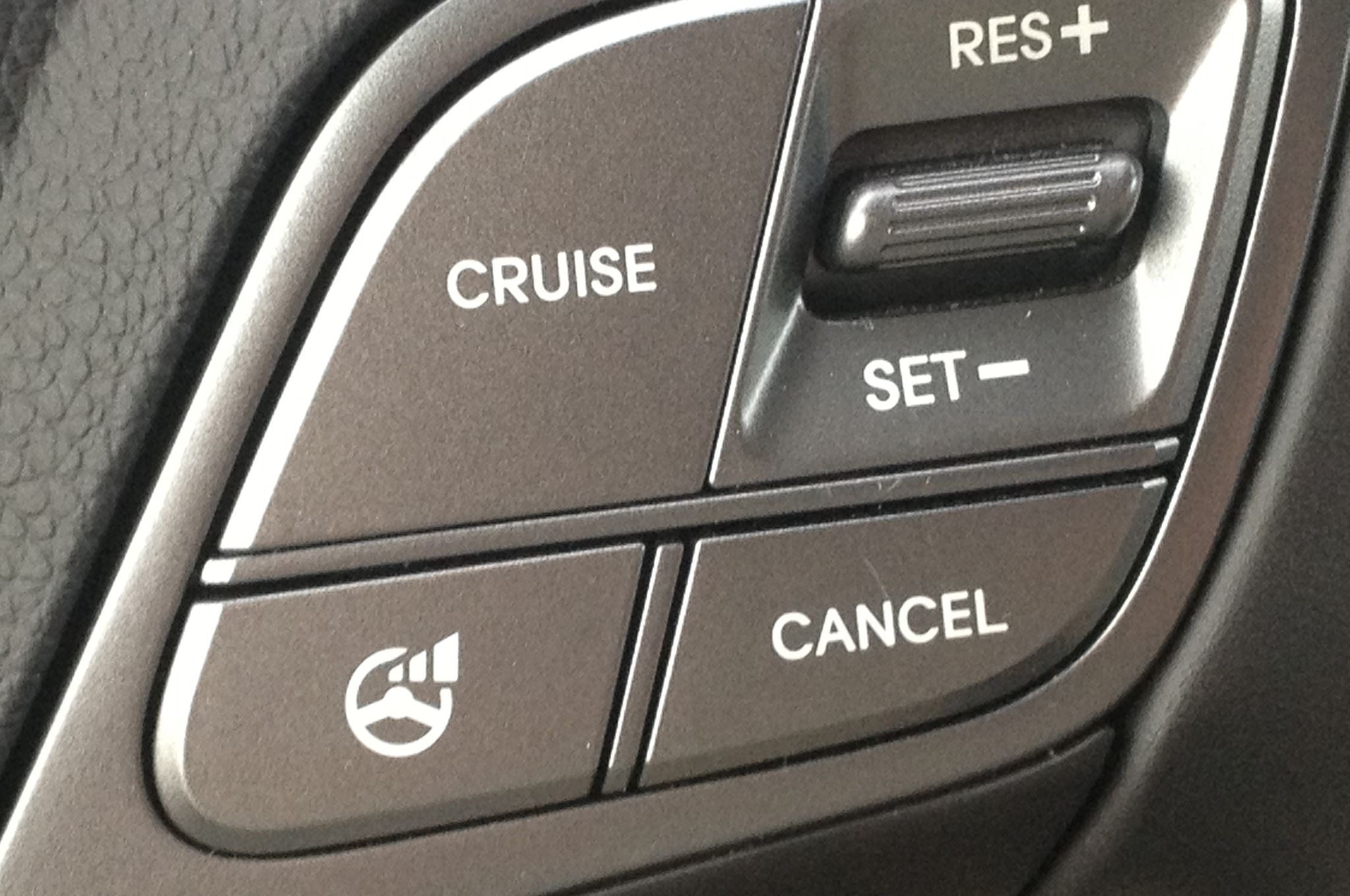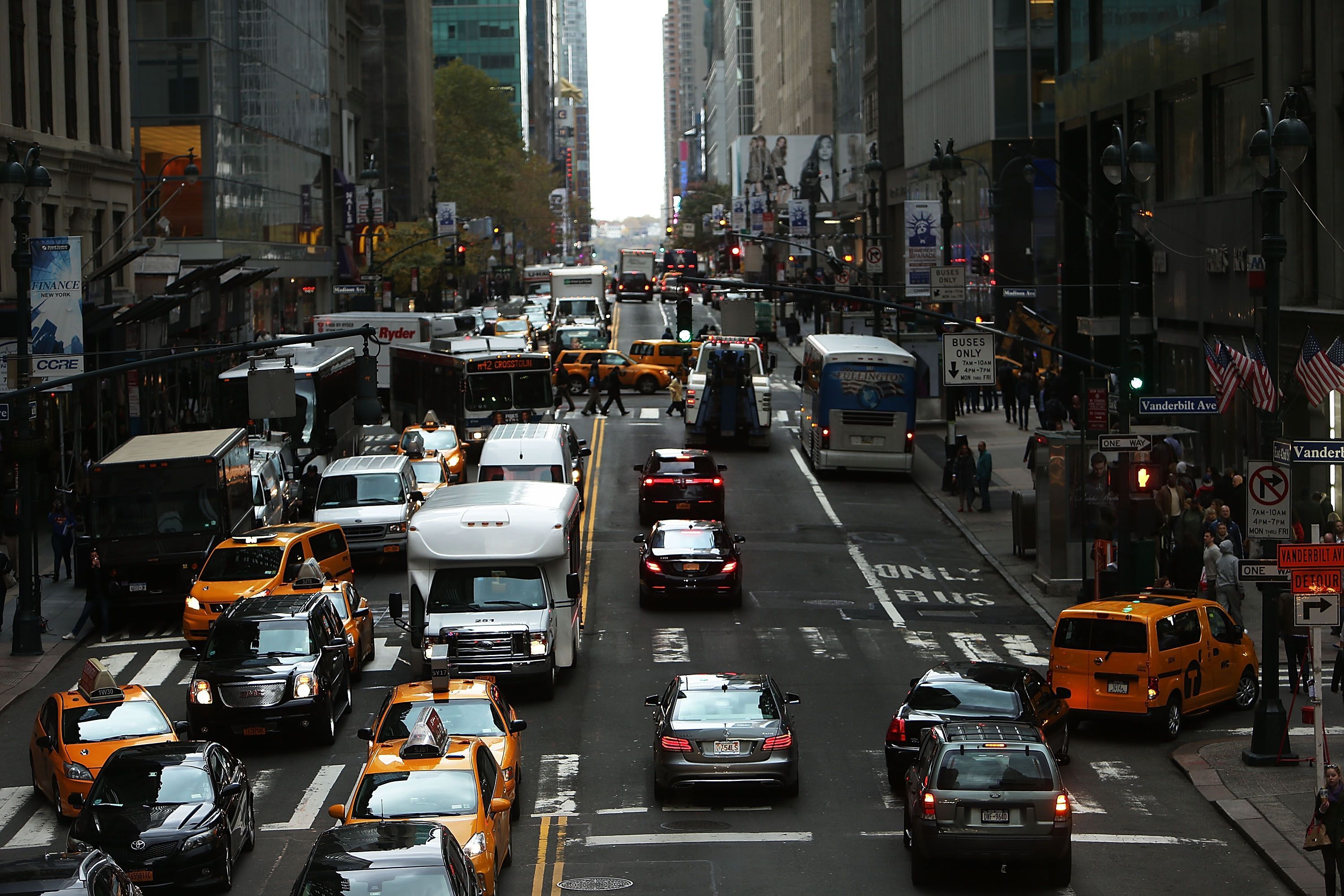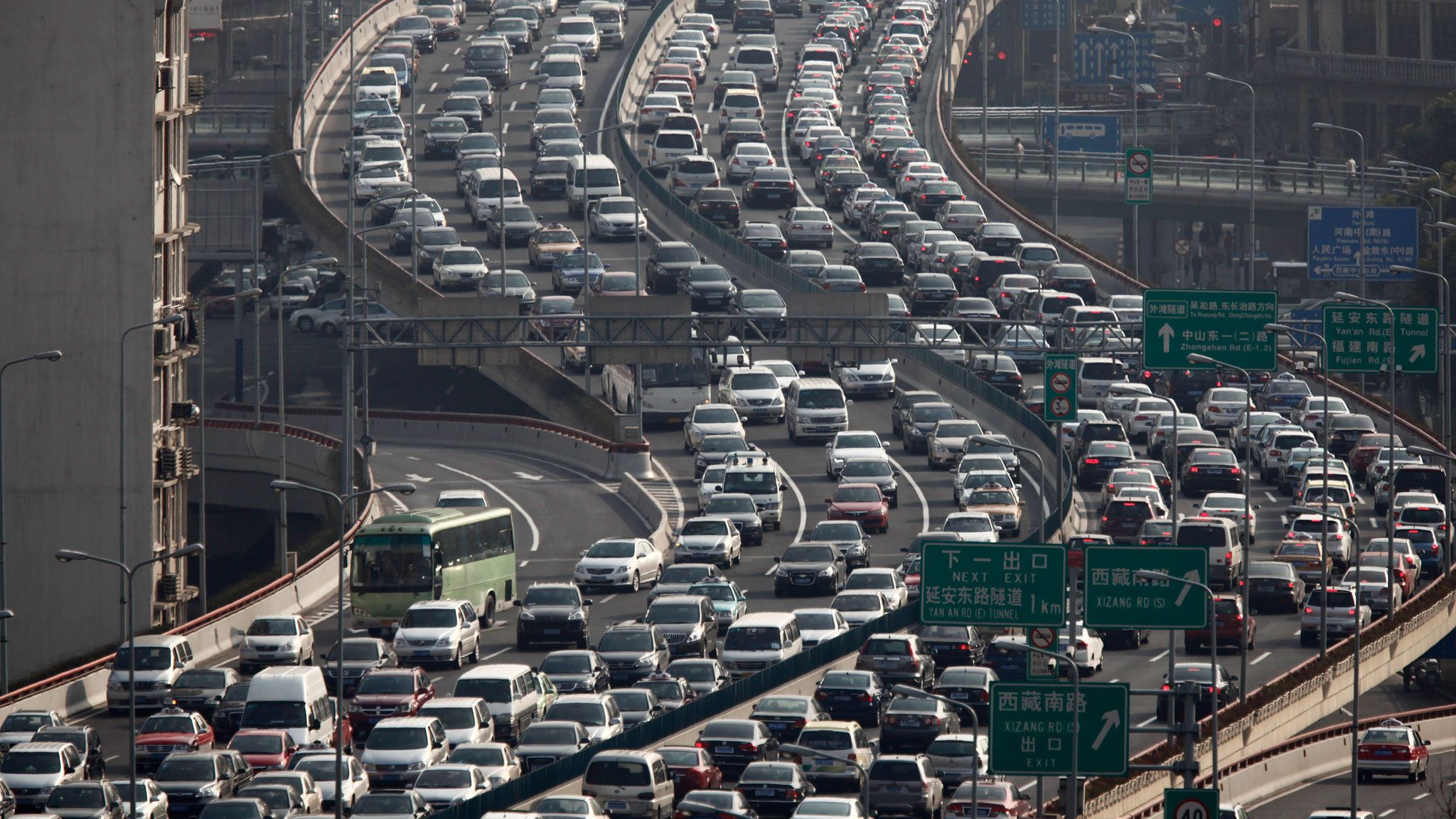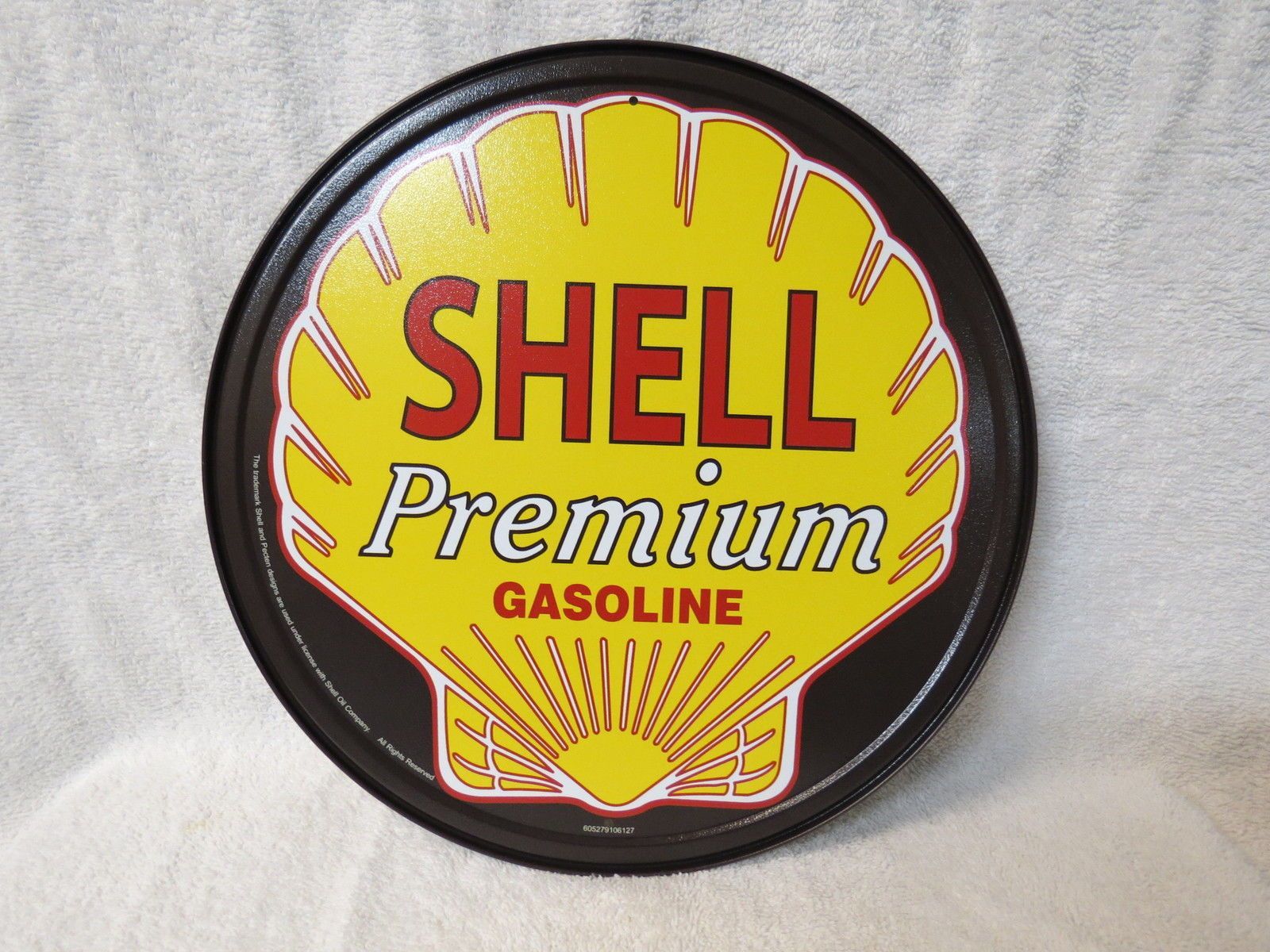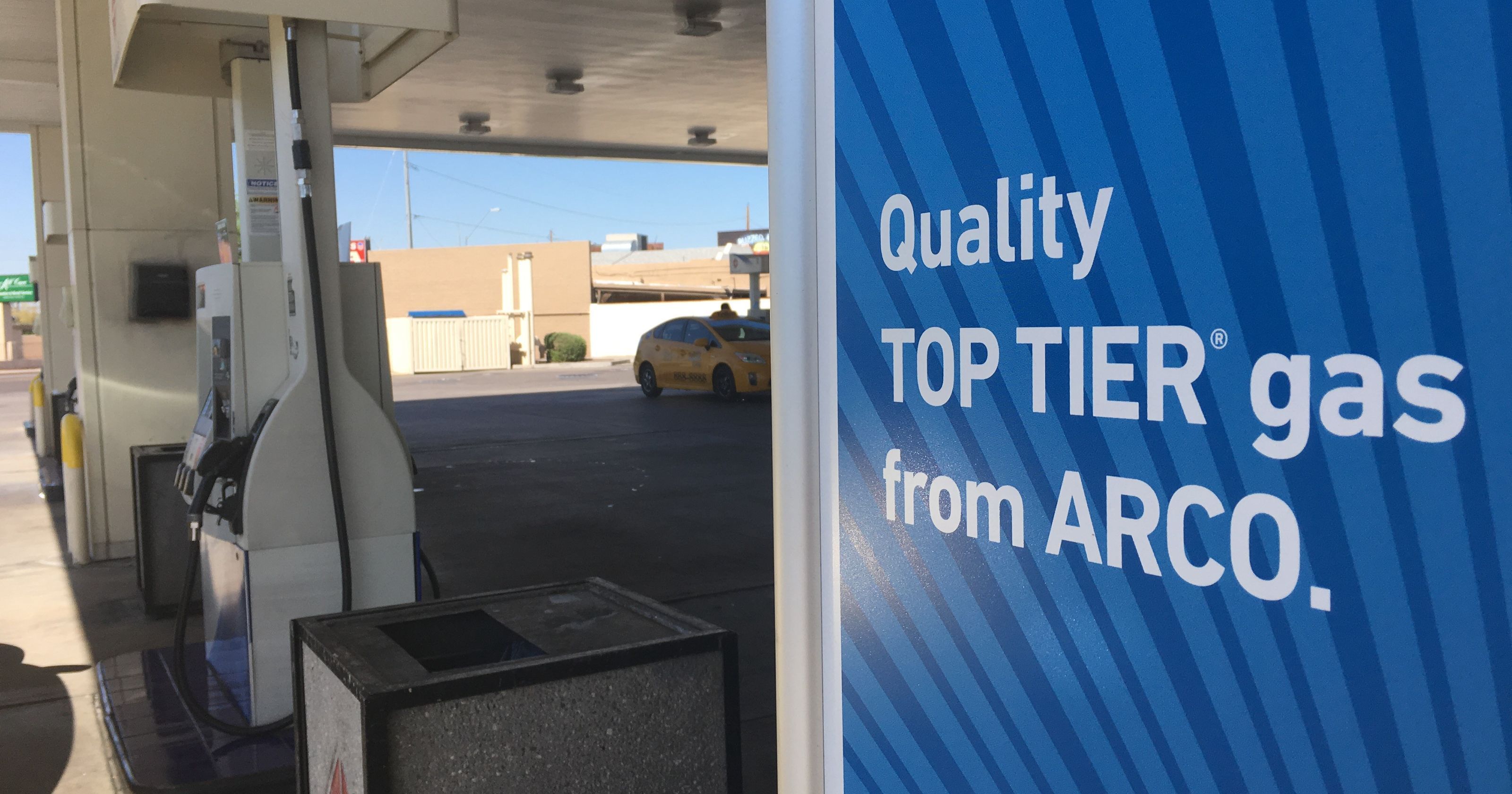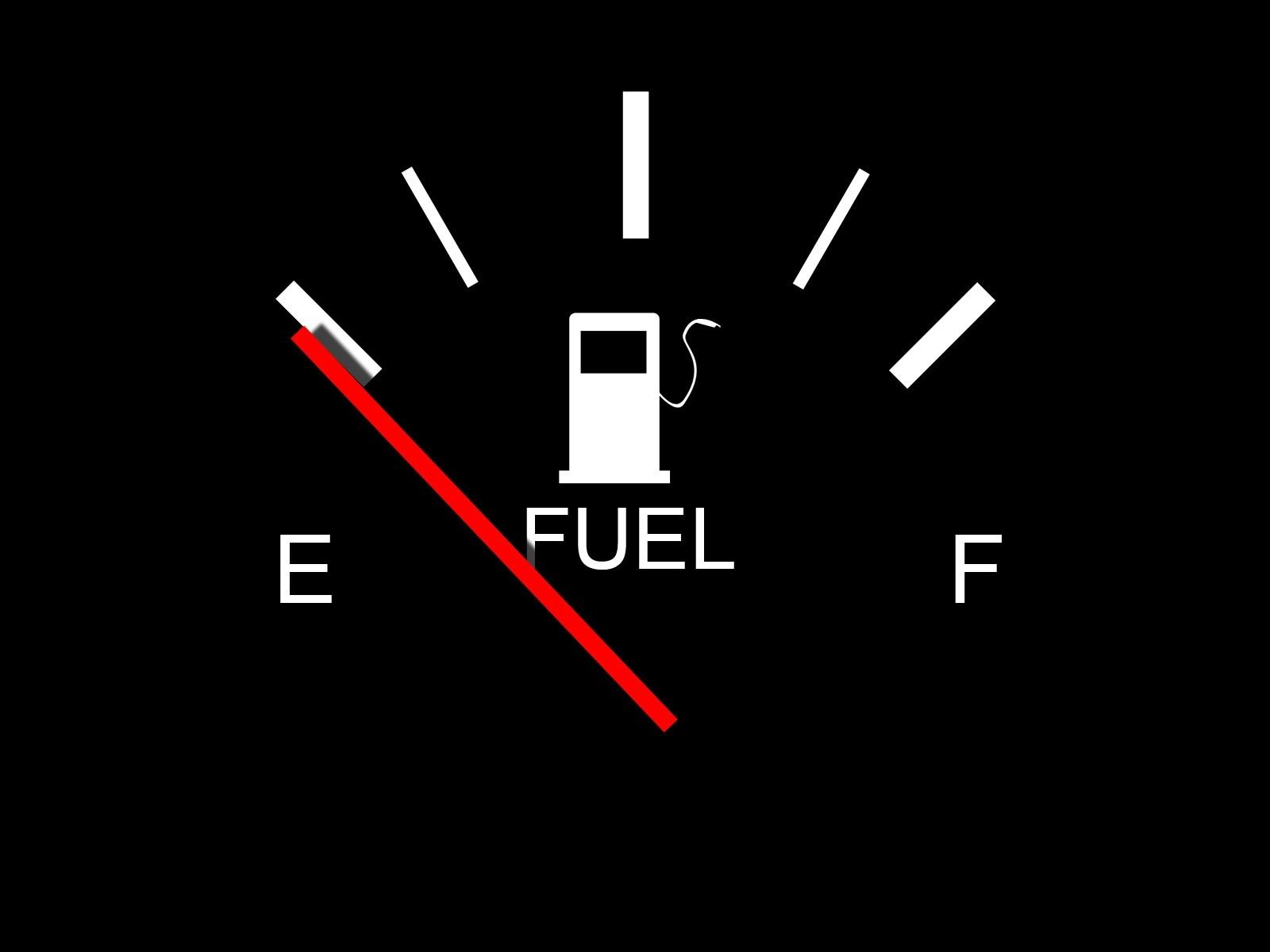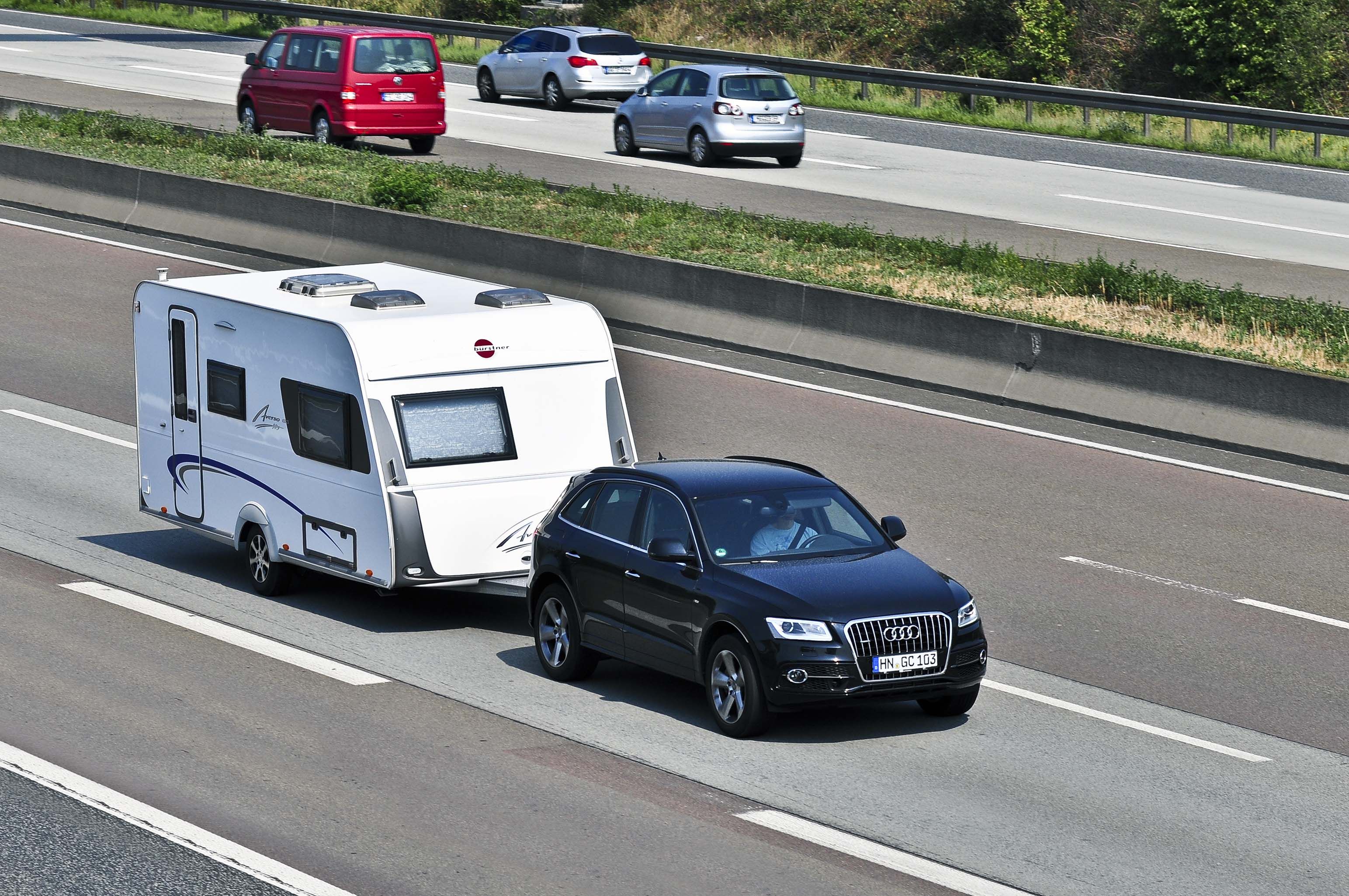Few drivers enjoy the luxury of driving a brand new car–most of us have to make do with second-hand vehicles. But if you do have the cash to splash out on an unspoiled and untouched automobile, then you'll want to do everything that you can to keep it running well and looking good.
Sales in brand new vehicles may have seen a slight decline recently, but drivers still get excited by the prospect of getting behind the wheel of a pristine car and seeing what it can do. And, of course, there's nothing to beat that new car smell!
But are you really getting your money’s worth when you buy a new car? Is the extra cash you need to spend to buy a new vs a second-hand vehicle really worth it? If you're going to spend thousands of dollars more on a new car, rather than saving some money buying used, then the least you can do is make sure that you follow a few simple rules to keep your car and its engine ticking over nicely.
Rather than a list of “Dos,” the following is a list of “Don’ts”–the things that every driver should avoid doing in his or her new car.
20 Avoid Putting Your Foot Down
It must be very tempting when you do get behind the wheel of a brand new car to put the pedal to the metal and really see what she can do.
In fact, opening up the throttle is one of the worst things you can do when breaking in a brand new car.
But try and resist the temptation if you can! Even if you've splashed out on a shiny new sports car and are itching to find out how fast you can go, the long-term damage to your vehicle isn't worth the short-term fun–or the speeding fine!
19 Don’t Slam On The Brakes
If pedal-to-the-metal accelerating is frowned upon, the same can also be said for sudden braking. Of course, if the situation on the roads demands that you screech to a halt to avoid a collision or running down a pedestrian, then go ahead and slam on the brakes. However, if you can avoid too much hard braking during the first few hundred miles, then your brand new car will continue to perform well for longer. The best way to break-in brake pads is to perform a few controlled decelerations, where and when safe to do so, to prevent any long-term damage to the braking system.
18 Don’t Ignore The Manual
Every car–even new ones–has his quirks and foibles, and the best place to find out about your new vehicle’s own peculiarities is in the owner’s manual. Let’s face it—very few of us read the owner’s manual for anything these days, but a car is one purchase where a bit of background reading is essential, not merely to understand how best to take care of your precious investment but also so you have an understanding of the essentials, such as how to turn on the windscreen wipers or the headlamps or, at the very least, how to ensure you set the driver’s seat up for maximum comfort...
17 Avoid Running Your Brand New Car Cold
There are lots of top tips for keeping your new engine as happy and as healthy as possible, and one of the main ones is to try and avoid running your brand-new car cold. This means being a little patient—if you can bear it—by allowing the engine to idle for just a few minutes in the driveway before you start driving. Most of us spend at least a minute getting ourselves set up to drive once we've turned the engine over–think about how long it takes you to put your seatbelt on and check your mirrors–so it isn’t too demanding to give your new car a little more time to get ready, too.
16 Don’t Fail To Check Your Levels
There are lots of things to get used to when you buy a new car, and one of the most important is getting a feel for when you need to change your vehicle’s oil and replenish other fluids like coolant and water for the windscreen washer jets. Once you get used to a car, you also get used to how often these jobs need doing, and it can be easy when you get a new car to assume that this is going to be the same. Too many people don’t check things like oil and coolant often enough in a new car, despite the fact that the easiest way to damage your engine is to try and run it without enough oil in the system!
15 Avoid Changing Oil Too Regularly
At the same time, there can be a tendency among owners of new cars to think that the more often they change the oil, the better their vehicle will run. While it's important to change oil regularly, there's such a thing as changing it too regularly–and drivers of brand-new cars tend to be guiltier of this than most.
You can easily manage 5,000 miles before needing to change your oil.
Any more frequently and not only are you wasting money but the fresh oil also takes more time to get up to the best temperature for protecting the workings of your engine.
14 Don’t Drive Too Fast In The First Few Miles
If your brand new car hasn’t even left the lot before you come to pick it up, then you should be extra cautious for the first few miles, keeping your speed low and avoiding any unnecessary braking.
Tempting as it may be to roar away from the dealership, brand-new tires are coated with a thin layer of lubricant–used during the manufacturing process to stop mold from developing in the rubber.
This lubricant burns off within a few miles, but it does mean that new cars can be trickier to handle than you might expect. Stay focused during those first few minutes behind the wheel.
13 Don’t Ignore The RPM Limit
One important piece of information that you'll find in your new car’s owner’s manual is the advised RPM limit for breaking-in your vehicle safely. Many cars suggest an RPM limit for the first 1,000 miles to give the engine a chance to start running efficiently before you put it under strain. Petrol vehicles should stick below 3,000 RPM for the first 500-600 miles before increasing to around 4,000 RPM, while diesel vehicles should be restricted to below 3,000 RPM for the full 1,000 miles. Going over this “limit” too frequently may not seem too damaging, but then, you'll feel the effects later in your auto repair bills.
12 Avoid Changing Gears When Their Revs Are High
There are other things to keep an eye on when it comes to your brand-new car’s RPM or revs, especially if you've bought a new stick shift vehicle. Normally, when driving shift, you change gears when your revs are high, often well toward or even above the “red line” on the RPM gauge situated on your dashboard. However, when breaking-in a brand new car, drivers should avoid changing gears when their revs are high, and they should try, as much as possible, to change gears both up and down when their revs are well below the thin red line.
11 Don’t Tailgate
Tailgating, the practice of driving too close behind the car in front of you on highways and interstates, isn’t just bad manners—it can also be bad for your car, especially for new cars. Driving close to the car you’re following means that your vehicle is being bombarded by the exhaust fumes from the vehicle in front. Exhaust fumes, by their very nature, are full of all the bad stuff that your car no longer needs (think of the corresponding substance in the human body…) and they can cause untold damage to your precious new tires, can make your shiny new bodywork look dirty and dull, and can even get into the nooks and crannies of your engine.
10 Avoid Taking It On Short Runs In And Around The Neighbourhood
When you get your new car home, try and avoid taking it on short runs in and around the neighborhood—if you can bear to leave your new baby in the driveway, of course. Too many short journeys are bad news for new cars during their breaking-in period.
Long rides are much better for the engine–and are much more fun for drivers!
It's far better for your engine if it has a chance to properly warm up every time it's turned over, rather than only getting close to the optimal temperature just as you pull back up at your house.
9 Don’t Take Advantage Of Cruise Control
However, when you do take those longer drives, the worst thing you can do is take advantage of cruise control. The best way to break-in a new engine is to vary the RPMs as much as possible—you don’t want to get carried away too much at the higher end of the scale but neither do you want your car to slip into an RPM coma, as often happens when a vehicle is switched to cruise control. Besides, when you've just gotten your hands on a brand new car, you want to actually experience driving it and not just stick it on auto-pilot.
8 Don’t Ignore City Driving
The most effective way to get your brand new engine up to speed and to do your best to ensure a long life for your precious new car is to get as much variety into your driving as possible, especially within the first few hundred miles. Long drives may seem like a great way to enjoy your new car, but driving in and around the city gets those RPMs moving up and down, and gives you the chance to get both your brakes and your accelerator pumping. Don’t feel like you have to avoid city driving with your new car–although you need to keep your wits about you to avoid a fender bender…
7 Avoid Traffic Jams
Pick your time for city driving, however, as getting stuck in a traffic jam will only risk your lovely new car overheating and breaking down—not a very auspicious start. New engines are more sensitive than those that have a few miles on the clock, and getting stuck in traffic definitely doesn’t agree with fresh-off-the-lot automobiles. Avoid taking your new car on the morning or evening commute if you can help it, especially if you know queues are likely to be forming, and pay closer attention to the traffic news before deciding whether or not to head out for a warmup drive.
6 Don’t Fill The Vehicle With Premium Gasoline
Believe it or not, owners of brand new cars are advised not to fill their vehicles with premium gasoline. You might want to give your pride and joy the very best gas possible, but you’d be doing more harm than good! Most cars don’t even need premium gasoline in the first place, and even high-end sports cars can manage perfectly well on a tank full of regular petrol. There's no need to waste money on expensive gasoline, especially when you've just splashed out thousands of dollars of your hard-earned cash on buying a brand-new motor.
5 Avoid Gasoline, Oil, Or Other Fluids That Have Impurities
While there may be no need to spend a fortune on premium gasoline, you shouldn’t try and cut corners when it comes to the gasoline, oil, or other fluids that you use, especially in a new car which is even more sensitive to any impurities. If you really want to give your new engine a treat, then you might want to shell out a few extra dollars on gasoline that contains extra detergents to keep all the inner workings of your car sparkling clean and working like a dream. Gasoline brands like Top Tier offer all the benefits that you don’t get from premium gasoline, and it comes in a lot cheaper, too.
4 Avoid Running Low On Fuel
Whatever gasoline you choose to out in your new car, you should make sure to keep a close eye on the gauge–not just because you don’t want the embarrassment of running out of gas in your new vehicle but also because running low on fuel can actually be damaging to the health of your car.
The gas that's sitting in your tank isn’t just prospective fuel.
It also acts as a coolant for the internal pump, and without a decent amount, that pump can easily overheat and eventually fail. Don’t let your fuel gauge run too low, and try and keep your tank at least a quarter full.
3 Don’t Overload The Vehicle
In the interest of not putting too much strain on your car–and its delicate new engine–you don’t want to overload your vehicle either with baggage or with people! If you can avoid it, don’t take any road trips with too many friends or too much luggage, and stick to smaller journeys or day-long drives to give your car the chance to get properly warmed up and broken in before you start loading it up with enough stuff to keep you and your family going for days at a time. Overloading can affect your car at any point in its lifetime, but engines are particularly prone to damage in their early days.
2 Don’t Use The New Car To Tow A Caravan, A Trailer, Or A Boat
By the same token, asking your brand-new car to tow a caravan, a trailer, or a boat is asking its young engine to take on an awful lot of work. If something unexpected happens and you have to tow another car to safety, then so be it, but don’t volunteer to take on any heavy towing duties until your new vehicle has gotten safely through its 1,000-mile breaking-in period. It may be tempting to see towing as a good way of measuring the strength of your new engine, but all you’ll end up doing is testing the expensiveness of your local garage…
1 Avoid Smoking, Drinking Coffee, Or Eating Spicy Food In The New Car
Having a craft cigarette in your new motor won’t affect its performance, but it may well affect you and your family’s ability to enjoy the luxury of owning a new car. Smoke and the smell from coffee cups and spicy foods are easily absorbed by the fabric in your car’s interior and can be pretty difficult to shift. Same goes for the smell from other cars' exhaust fumes if you wind down your window. Resist the temptation to smoke and use air-con rather than relying on “fresh” air, and you can all enjoy that new car smell for a little longer.
Sources: moneycrashers.com; lifehacker.com.au; motoring.com.au



